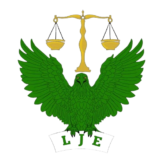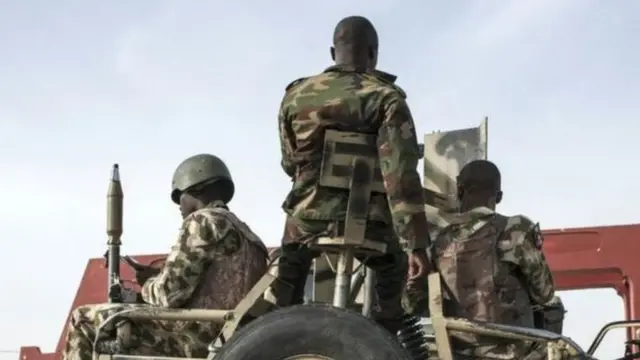The Nigerian Army has publicly defended a soldier involved in the death of a civilian at the Delta Marine Logistics and Technical (DMLT) Estate in Warri, Delta State, asserting that the act was committed in self-defence during a confrontation.
According to a statement issued by the 63 Brigade Headquarters, the incident took place on October 13, 2025. The soldier was on duty at the estate gate when a group of individuals attempted to force entry without undergoing security checks. When asked to identify themselves and state their business, the suspects reportedly became aggressive and physically assaulted the soldier.
The Army further explained that a physical struggle ensued. In the fray, the soldier is said to have used combat skills consistent with his training. One of the assailants received fatal injuries and later died at a hospital. The Army said it promptly notified the Otu-Jeremi Police Division and insisted the soldier acted under threat.
However, the case has drawn condemnation from human rights bodies and civil society groups, claiming this incident amounts to an extra-judicial killing. The Human Rights Writers Association of Nigeria (HURIWA) has petitioned military leadership to investigate the death of Mr. Ugochukwu Nwachukwu, who died reportedly after multiple stab wounds, alleging he was a visitor and not a threat.
Eyewitness accounts differ. Some witnesses claim the soldier slapped Nwachukwu before stabbing him repeatedly, including in the ribs and hand, leading to internal injuries. According to these accounts, the victim had explained he was visiting a friend when confronted.
In its defense, the Army urged the public to comply with security protocols and avoid aggressive attempts to circumvent checks. It insisted respect for citizens’ human rights remains a priority while discharging statutory duties.
This incident raises critical questions about:
- Proportionality: Was lethal force necessary in that encounter?
- Accountability: Will the soldier face any internal or judicial review?
- Civil-military boundaries: How can security personnel operate in civilian spaces without abusing power?
As calls for justice grow louder, the military’s internal probe and public transparency will be crucial in restoring trust and preventing future tragedies.

